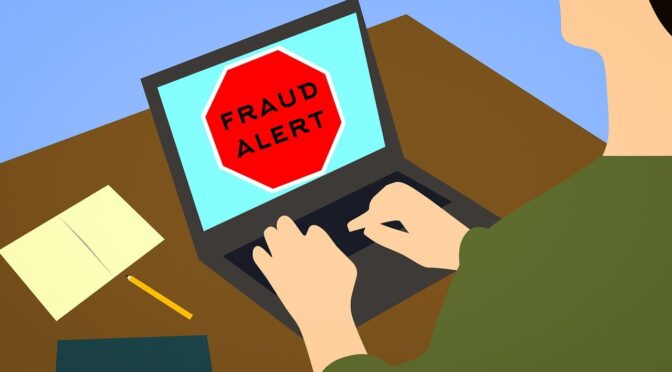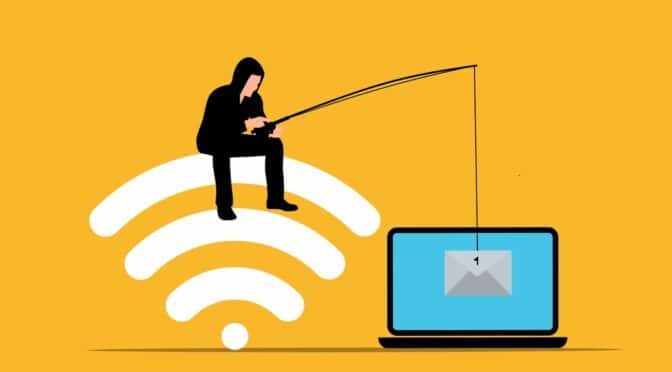by Tanvir Rahman Toy and Syed Radwan Hasan
Our friend Nitu began a job search that nearly ended in financial disaster. He works as a bank teller and while it’s a good job, he wants a higher paying career with better opportunities for advancement. Like millions of others, he turned to the Internet and posted his resume on Indeed.com. He applied to several companies through the site and about a week later, he was contacted by a U.K. company called Trax Ltd.
It sounded great. They were considering him for a job as a data entry clerk, and the position required him to work at home. That meant he could keep his bank job while he built a career in a new field.
During an interview via Yahoo messenger, a manager who identified herself as Ms. Diane Wight asked about his previous data entry experience and his thoughts about why he’d make a good employee. He was thrilled when he received an email the next day and found that he landed the job.
He received a faxed contract that outlined the hourly wage and conditions of employment. It explained that he’d have to go through a paid training period for one week before the job began. That sounded reasonable enough.

Now the truth is that Nitu was a little suspicious. Here was a foreign company that was ready to hire him without really knowing much about him. From his job search experience, he was certain that a U.S. company would never hire him based on the little bit of information that he provided. But he went forward anyway.
He shoved the negative thoughts aside because he really wanted a better job. Nitu figured that the worst that could happen was that he would complete the training and the company wouldn’t pay him. Little did he know.
The training period required him to report to Ms. Wight online. The first day, she asked Nitu to research and write an article about consumer management and strategy. On day two, she asked him to look up data from the International Monetary Fund’s financial survey and compare the economies of several countries. On the third morning, she asked him to write an article about the best and worst managers he ever had.
He did everything. But he sensed something was wrong. Where was the data entry work? But then, Ms. Wight told him the training was over, and that he’d soon receive a check. That sounded pretty good.
Two days later, Fed Ex delivered an envelope with a $1900 check. He also found a note that explained that $200 was his pay, and the rest was for something else. Here’s what it said:
Hello Nitu,
This is to inform you that: The company has searched and found a reliable vendor you will be purchasing your working materials from, so you will withdraw $1700 from your bank and then proceed to Money Gram or Western Union to send $1550 to the vendor that will be shipping your working materials to you using $150 as the transfer fee.
Below is the vendor’s Money Gram/Western Union information to make the payment to:
Name: Arthur Wonmein Lyon
City: Bensalem
State: PA Zipcode: 19020
Send the funds to the vendor via Money Gram or Western Union and get back to me with the Money Gram/Western Union receipt and the ref number on the receipt.”

RED FLAG
The red flag was all the way up now. Nitu was sure this was a scam. Ms. Wight kept at him through Yahoo Messenger and insisted that he process the check right away and send her a copy of the deposit slip. But before Nitu did anything, he called the bank in Missouri where the check was issued. A manager confirmed that the name on the check matched the name of an account holder. But the manager wouldn’t tell him whether the check was fake until he deposited it.
Luckily, Nitu works in a bank and his managers confirmed that the check was a fake. And this was really lucky. Because had he deposited and cashed the check the scammer would have walked away with $1700 and Nitu would have been on the hook for the entire $1900.
How can this happen? Easily, and this type of scam is more common than you think. Clever crooks understand U.S. law and take advantage of our naiveté and willingness to cooperate.

Federal banking law requires banks to cash a check within 24 hours. But the banks aren’t required to investigate to learn whether there’s money in an account. So if someone sends you a check and you cash it, you are responsible. You have to return the money you withdraw if there are insufficient funds to cover it.
And the crooks are clever because it’s almost impossible to find them.
If Nitu would have sent the money, he’d have no recourse because there’s no way of tracking money after a Western Union or a Money Gram delivery is made. It’s like sending cash in a sealed envelope. Both Western Union and Money Gram advise against sending money to a stranger.
 The FBI considers this a “Work At Home Scam” and offers the following tips to avoid scams:
The FBI considers this a “Work At Home Scam” and offers the following tips to avoid scams:
- Contact the Better Business Bureau to determine the legitimacy of the company.
- Be suspicious when money is required up front for instructions or products.
- Don’t provide personal information when first interacting with your prospective employer.
- Do your own research into legitimate work-at-home opportunities, using the “Work-at-Home Sourcebook” and other resources that may be available at your local library.
- Ask lots of questions of potential employers—legitimate companies will have answers for you!
DID THIS HAPPEN TO YOU?
If you are a victim of a work-at-home scam, file a complaint with the Federal Trade Commission’s Consumer Sentinel or the FBI Internet Crime Complaint Center
![]() What’s Wrong with Payday Loans?
What’s Wrong with Payday Loans?




this almost exact same thing is be perpetrated as we speak with myself. I spoke with a woman named Elena Gomes, who assured me that I would not have to purchase anything and that all the equipment would be sent to me of their own accord. Scammers, ridiculous.
Did you send her anything?